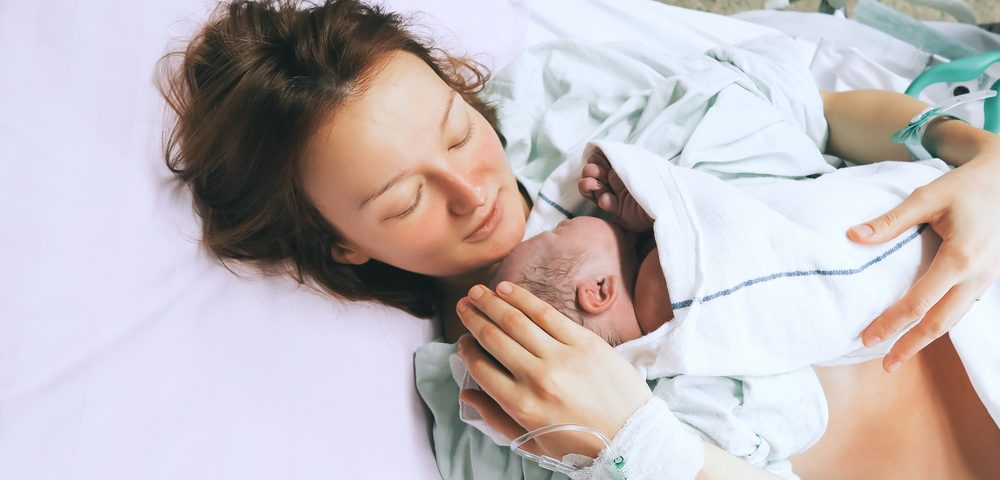As it does each September during Newborn Screening Awareness Month, Baby’s First Test is sharing information and stories that highlight efforts throughout the U.S. to bring attention to newborn testing.
Baby’s First Test is a program of Expecting Health, an organization focused on pregnancy and newborn health. The program offers newborn screening (NBS) resources to help guide parents, prospective parents, and health professionals.
“Newborn Screening Awareness Month is a time to tell your story, to raise awareness, and to make a difference! Throughout the month, Baby’s First Test will be sharing stories and photos from families and individuals about their personal experiences with newborn screening,” the organization stated in an announcement on its website.
NBS is the process of testing newborn babies for serious, but treatable, conditions, including cystic fibrosis, that vary by state. The test typically evaluates blood spots collected from a heel prick. Newborns also are screened for hearing disorders and certain heart problems using methods other than dried blood spots. Such programs currently screen about 4 million infants annually.
The theme of this year’s event is “Expect Newborn Screening.” For the month, Baby’s First Test is offering a toolkit to help supporters raise awareness of testing. The kit includes sample social media messages, shareable graphics, educational resources, ways to raise awareness on Facebook, and tips about how to tell and share stories. Participants are asked to use the hashtag #2020NBS.
Throughout the month, Baby’s First Test will share stories and photos from individuals and families about their personal experiences with newborn screening. Entries may be submitted to the program’s Family Experiences page. Participants also are encouraged to use Facebook Live or Instagram to tell their story or share what day-to-day life is like. Or, they can post a photo on their social media platforms and share their story in the caption.
Supporters also can add the #2020NBS Facebook frame to their profile photo, and share educational resources — including videos, webinars, fact sheets, educational tools, and posters — from Baby’s First Test newborn screening resource center.
In addition, supporters are asked to join a Sept. 17 #2020NBS Twitter Chat on newborn screening at 2 p.m. ET.
To spread the word about what’s being done locally during the month to heighten awareness of newborn screening, supporters are asked to email event details to [email protected].
Each state’s public health department decides the conditions for which it will test. The departments also develop and manage each state’s newborn screening program. Such programs are designed to ensure that babies who, through testing, are suspected of having a certain condition, receive diagnostic testing and follow-up care.
A federal list of serious genetic disorders that infants can be tested for shortly after birth is known as the Recommended Uniform Screening Panel (RUSP). Disorders on the RUSP are chosen based on evidence that supports the potential net benefit of screening, the ability of states to screen for the disorder, and the availability of effective treatments.
It is recommended that every newborn be screened for all disorders on the RUSP, although states ultimately determine the disorders for which they will screen. But the cost for states to screen can be substantial. Factors can include new machinery, the capacity of existing screening labs, and the degree of additional staff training.
No new disorders are being added to the RUSP right now, however, because the U.S. Senate failed to reauthorize the Newborn Screening Saves Lives Act before it expired Sept. 30, 2019.
Go here to find more information about a screened condition, and here to learn about testing in specific states.


